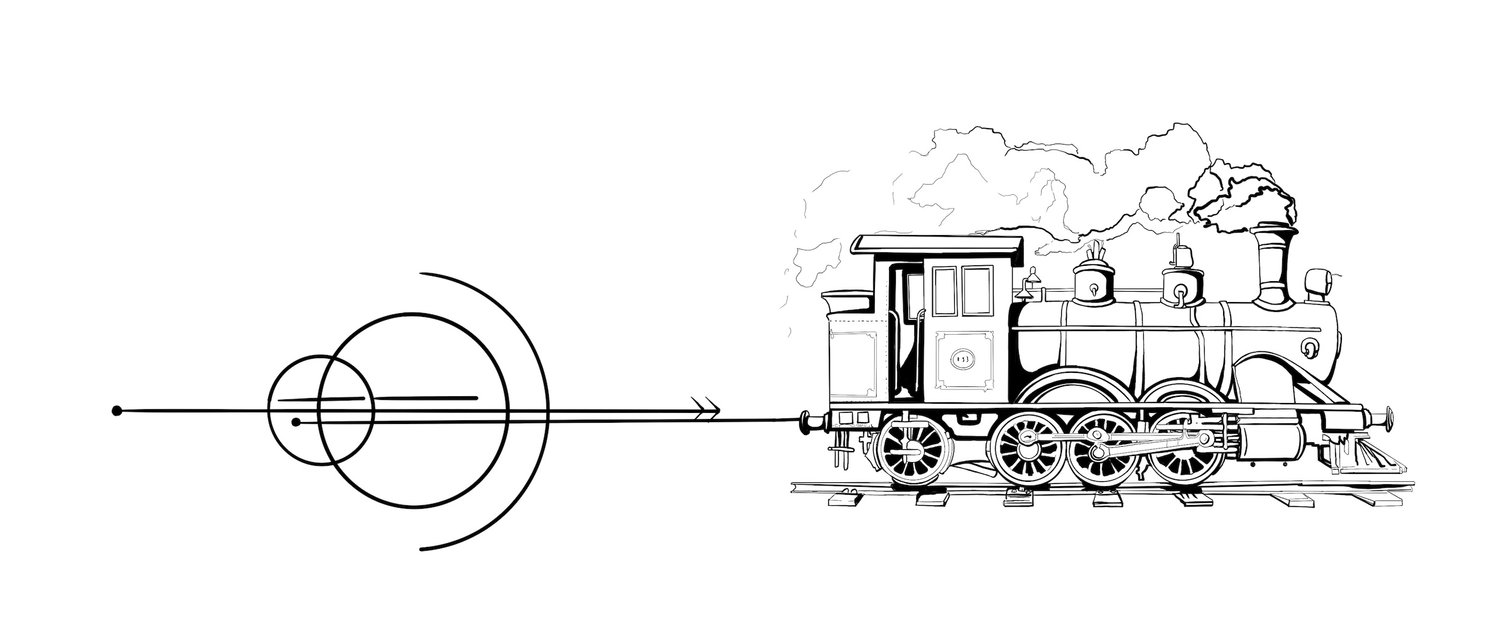1.2 Between the Episodes: AI & Human Development
A former student of mine, software developer Jacob Bowman, gave some feedback after listening to my first episode with a wonderful conversation addition (and teaching moment to me!) about AI: “that it regularly makes mistakes regarding content and focusing on the subject matter” and “until we reach general intelligence . . . AI remains simple machine learning.” In his job, he has to “proofread and effectively personalize and often correct its outputs.”
This got me thinking about the ways I’ve incorporated ChatGPT and how I should adjust going forward. I’ve chosen a couple of complex assignments to give students free reign to use the tool throughout the year. In each instance, they became frustrated when it provided limited or inaccurate output. We talked about the inaccuracies and how we must learn to build on the foundation it can provide. It’s a good start, but I’m still learning how to do that for myself, even as I am teaching it.
This week, I wrote a case to set up teaching argument, and I decided to see how ChatGPT could supplement my ideas. Writing a case for them to solve is cognitively laborious, but I like the creativity involved, and this way, students do not have access to any shortcuts to solve the problem since it is original content. I needed to create character profiles as part of the case, so I put in a prompt for ChatGPT to do its magic. I entered a series of student leadership roles as the foundation of the characters. Predictably, it provided some stereotypical responses. I decided to leave them as is and use them as a teaching moment around this concept of simple machine learning and explore why we have to explore the nuances in people and why that deepening input is invaluable in developing software. I worried, of course, of the danger of cementing biases or stereotypes, but I’d hoped by using them in a playful way it would, predictably, lead to lots of wrong conclusions and, ultimately, do the opposite and instead provide a lasting reminder to look beyond the surface for deepening understanding.
I have to say, I was quite pleased with the outcome! Learning a style of argument where students had to gain deep understanding of alternate perspectives was at the core of the learning objective, and the discussions that took place showed their developing understanding. Students had to practice skills in leadership; they had to develop self-awareness and self-regulation; and they had to learn how to navigate conflict.
In a future episode of the podcast, I plan to tackle innovation (in comparison and contrast to following best practices); however, for now I will say, it’s tough to know the lessons aren’t perfect, yet I can already see the learning as more multi-faceted and containing more depth than some of my traditional lessons.
